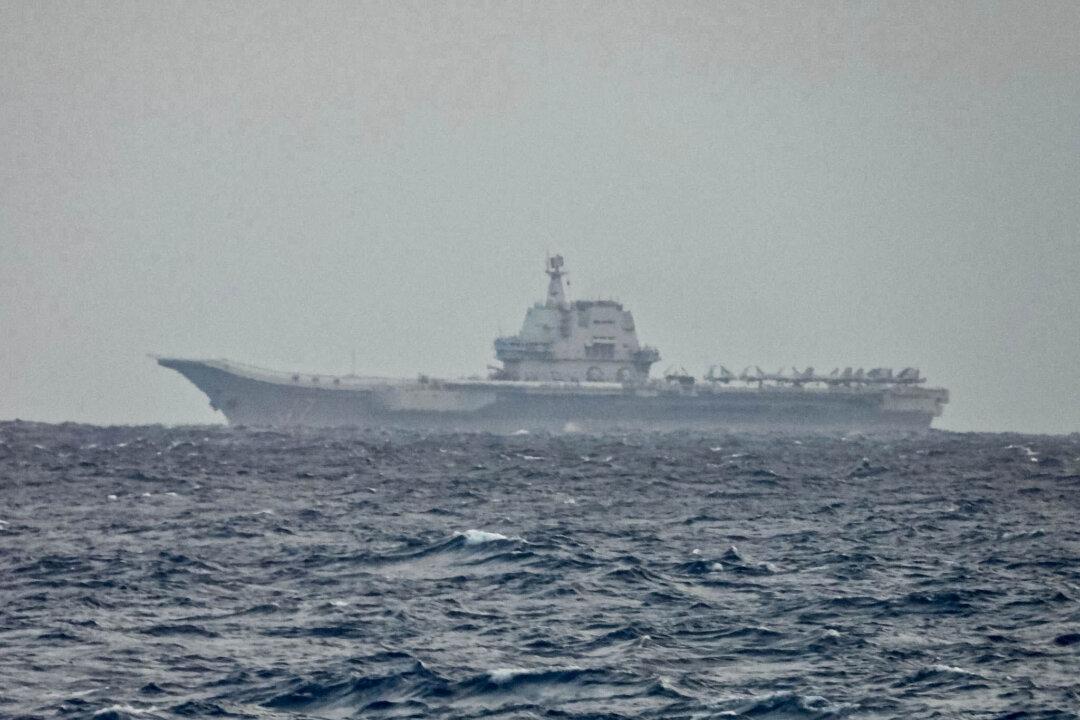Beijing’s new regulation on medical supplies for the military is part of the Chinese regime’s ongoing preparation for war, but it doesn’t necessarily mean an attack on Taiwan is imminent, experts from Taiwan’s Institute for National Defense and Security Research (INDSR) said on April 15.
On April 5, Beijing published updated regulations for medical supplies for the People’s Liberation Army (PLA) requiring the military to implement a system of medical supply reserves to maintain war preparedness.





